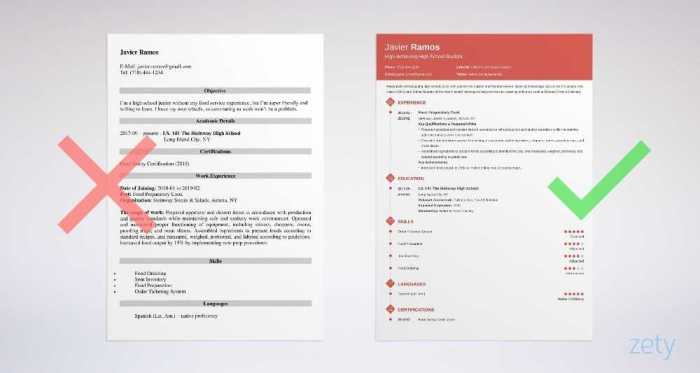The HOSA Clinical Nursing Practice Test is a comprehensive assessment tool designed to evaluate the clinical knowledge and skills of nursing students and practicing nurses. This standardized test provides a valuable benchmark for nurses to gauge their proficiency in essential nursing practices, identify areas for improvement, and enhance their overall professional development.
The test covers a wide range of nursing topics, including patient assessment, medication administration, wound care, and critical thinking. By participating in the HOSA Clinical Nursing Practice Test, nurses can demonstrate their commitment to excellence in patient care and stay abreast of the latest advancements in the field.
Understanding Hosa Clinical Nursing Practice Test
The Hosa Clinical Nursing Practice Test is a comprehensive assessment designed to evaluate the clinical knowledge and skills of nursing professionals. It is a nationally recognized examination that serves as a benchmark for nursing competence.
The test is intended for registered nurses (RNs) who wish to demonstrate their proficiency in clinical practice. It is particularly relevant for nurses seeking certification or advanced practice roles.
Content and Structure of the Test
The Hosa Clinical Nursing Practice Test consists of 150 multiple-choice questions covering a wide range of clinical nursing topics. The test is divided into four sections:
- Patient Care Management (50 questions)
- Pharmacology (30 questions)
- Physiology and Pathophysiology (40 questions)
- Health Promotion and Disease Prevention (30 questions)
Each section addresses essential concepts, principles, and nursing interventions related to the specific clinical area.
Preparation Strategies
Effective preparation for the Hosa Clinical Nursing Practice Test involves a combination of study methods and practice:
- Review Course Materials:Utilize study materials, textbooks, and online resources to reinforce foundational knowledge.
- Practice Questions:Engage in practice tests and mock exams to familiarize yourself with the test format and question types.
- Focus on Critical Thinking:Develop critical thinking and problem-solving skills by analyzing case studies and clinical scenarios.
- Time Management:Practice time management techniques to ensure efficient use of time during the actual test.
Scoring and Interpretation

The Hosa Clinical Nursing Practice Test is scored on a scale of 0-100. Scores are reported as percentages, and the passing score varies depending on the year and edition of the test.
Performance levels are typically categorized as:
- Below Passing:Indicates a need for further study and improvement in clinical knowledge and skills.
- Passing:Demonstrates a solid foundation in clinical nursing practice.
- High Passing:Indicates a high level of clinical competence and expertise.
Test results provide valuable feedback for self-assessment and career planning.
Benefits and Applications

Taking the Hosa Clinical Nursing Practice Test offers several benefits for nursing professionals:
- Enhanced Clinical Skills:The test challenges nurses to demonstrate their clinical knowledge and decision-making abilities, promoting professional growth.
- Career Advancement:Passing the test can enhance credibility and support career advancement opportunities, such as leadership roles or specialized practice areas.
- Professional Development:The test serves as a catalyst for continuous learning and professional development, helping nurses stay up-to-date with the latest clinical practices.
FAQ Overview
Who is eligible to take the HOSA Clinical Nursing Practice Test?
Nursing students and practicing nurses with a valid nursing license are eligible to take the test.
What is the format of the test?
The test consists of multiple-choice questions, case studies, and simulations.
How can I prepare for the test?
Effective preparation strategies include studying the test blueprint, practicing with sample questions, and seeking guidance from experienced nurses or tutors.
What are the benefits of taking the test?
The test provides nurses with a benchmark for their clinical skills, identifies areas for improvement, and enhances their professional credibility.